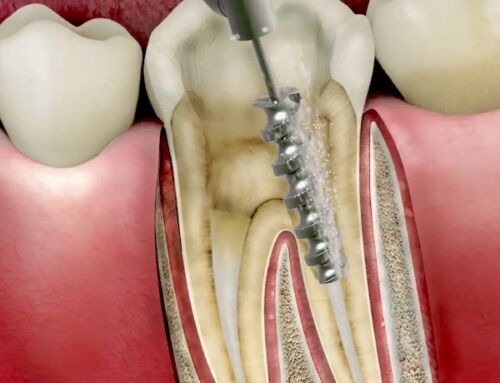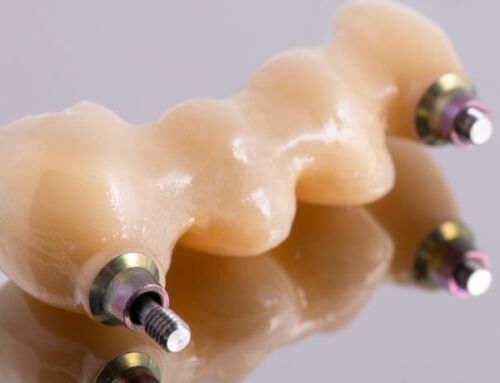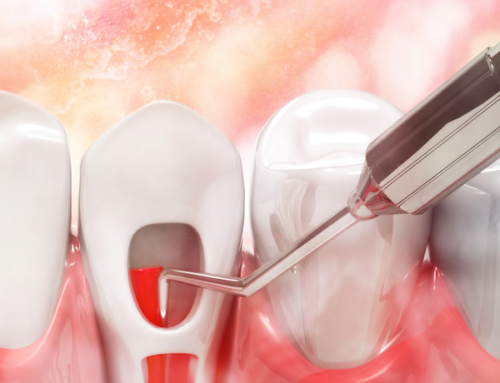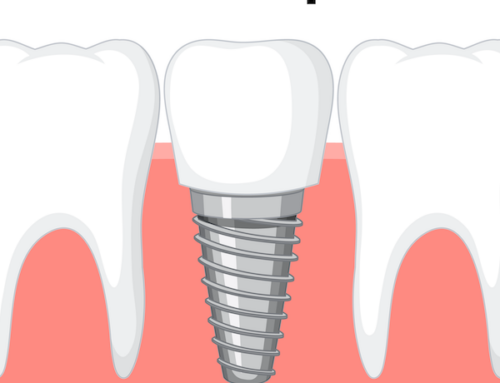Are you missing one or more teeth and looking for a reliable, long-term solution? Dental implants have revolutionized modern dentistry by offering a permanent, natural-looking replacement for lost teeth. This effectively solves the problem of more than 500,000 people who lose a tooth or two every year (and counting).
Dental implants provide a stable, durable, and aesthetically pleasing option to restore your smile and confidence and improve your quality of life.
In this guide, we will explore everything you need to know about dental implants, including how they work, who are excellent candidates for the treatment, and why they are the ideal choice for tooth replacement.
What are Dental Implants?
Dental implants are artificial tooth roots made of biocompatible titanium. It is designed to support a replacement tooth or dental prosthesis一 whether a crown, bridge, or denture, depending on how many teeth are missing.
Each dental implant consists of three parts:
- Implant – usually a titanium post that is surgically embedded in the jawbone to serve as the new tooth root
- Abutment – a small connector that links the implant to the replacement tooth
- Crown – this is the visible part of the implant and is custom-made to blend with the rest of your teeth
The key difference of dental implants from other alternative treatments is that an implant is surgically placed into the jawbone to act as a permanent tooth root. Eventually, the implant will heal and fuse with the bone in a process called osseointegration. This solid foundation allows implants to mimic the function and appearance of natural teeth.
Types of Dental Implants
There are several types of dental implants available depending on your specific needs and the condition of your bone, such include:
- Endosteal Implants – this is the most common type of dental implant where the implant post is placed directly into the bone. This is typically recommended for patients with ideal bone density.
- Subperiosteal Implants – If there is insufficient bone density to support the usual endosteal implant, your implant dentist may recommend doing a subperiosteal implant. In this type, the implant is placed under the gums but not through the bone.
- Zygomatic Implants – this is a less common yet complex type of implant that is used when there is significant bone loss in the upper jaw. Zygomatic implants use the cheekbone (zygomatic bone) as support instead of the jawbone.
The Dental Implant Procedure
The process of getting dental implants involves several steps, starting with a comprehensive consultation and assessment and concluding with the placement of the artificial tooth. Here’s a step-by-step overview:
- Initial Consultation and Evaluation – Not everyone is a candidate for dental implants. At this stage, your dentist will evaluate your oral and general health, take X-rays and scans, and discuss your treatment goals to determine if implants are the best option for you.
- Pre-surgical Preparations – For some patients with weak or thin jawbone, your dentist may recommend getting a bone graft or ridge augmentation to build the bone. And if the implant is to be placed near the sinus, a sinus lift may be required if necessary. These are pre-surgical procedures that improve the success of the implant treatment.
- Surgical Placement of the Implant – On surgery day, you will be placed under anaesthesia or sedation as the implant is placed into the jawbone. This improves your comfort and safety during the procedure.
- Recovery and Osseointegration – Following implant placement, patients are advised to take it easy and avoid chewing on the implant area. The implant will need time to fuse with the bone in a process called osseointegration. After 3 to 6 months, the implant should be fully integrated with the jawbone.
- Attachment of Abutment and Crown – Once osseointegration is complete, an abutment will be attached on top of the post through minor surgery. When the abutment has fully healed after a few weeks, your dentist will start designing a custom-made crown. This should blend seamlessly with the rest of your teeth for a natural smile.
Who is a Good Candidate for Dental Implants?
While dental implants are an excellent, long-term solution for missing teeth, not everyone is an ideal candidate. Here’s how to know if you are one:
- Excellent health – Candidates should be in good health as certain medical conditions and medications may affect healing (as in uncontrolled diabetes, clotting diseases, etc.)
- Sufficient bone density – The jawbone should be healthy and strong to support the implant.
- Healthy gums – This is crucial to implant success. Patients with gum disease should undergo treatment before the implant surgery.
- Non-smoker – Smoking impedes healing and increases implant failure.
- Age consideration – While implants may be suitable for all ages, younger patients experience better and faster healing. Older patients may need a more thorough evaluation.
Benefits of Dental Implants
Dental implants offer numerous advantages, making them the ideal choice for tooth replacement:
- Long-term durability and stability – With proper care, implants are designed to last a lifetime.
- Fixed and permanent – Unlike dentures which may shift in position, implants are a fixed solution for a confident smile.
- Improved appearance and confidence – Dental implants effectively restore your beautiful smile as they look and feel like natural teeth.
- Enhanced chewing – Implants are strong and stable, allowing you to enjoy all types of food.
- Improved lifetime oral health – With all its long-term, positive benefits, dental implants help improve your quality of life.
Risks and Complications
As with any medical procedure, implants come with risks. Some risk factors include smoking, poor oral hygiene, and certain medical conditions. These risks can be minimized by selecting an experienced dentist, undergoing proper screening, and following your dentist’s post-surgical advice.
Some potential complications include:
- Implant failure – where the implant does not fuse with the bone, though rarely occurs.
- Nerve damage – may occur during implant placement, causing pain or numbness.
- Sinus issues – when the implant extends to the sinus cavity, causing sinus complications.
Conclusion
Dental implants have transformed modern dentistry by offering a durable and permanent solution to missing teeth. They are a versatile option that can replace one tooth or several missing teeth to dramatically improve your smile and quality of life.
With the meticulous planning and surgical procedure that goes with this treatment, it is crucial that you have the right team to help you through it. At Chinook Dental Group, our experienced team specializes in dental implants and the pretreatment procedures that ensure the success of your implants.
If you’re considering getting dental implants, book an appointment today and let us help you understand your options.






